Controversial Nigerian pastor, Abel Domina, has sparked a heated debate over the practices of top gospel artistes in the country, claiming they operate no differently from their secular counterparts.
In a video currently trending on social media and obtained by Per Second News,
Domina accused leading gospel singers of prioritizing financial gains over their spiritual calling, likening them to mainstream stars such as Davido, Burna Boy, and Tiwa Savage.
According to Domina, Nigerian gospel artistes charge exorbitant fees for their performances, with some demanding up to $50,000 per show.
He argued that their focus on monetary compensation and strict booking policies make them indistinguishable from secular musicians.
“The only difference is that they sing inspirational songs, but their business model is the same,” he stated in the viral clip. They are all business men and women with no iota of spirituality in them.”
The fierce cleric lamented that these artistes refuse to perform at events unless full payments are made in advance, further criticising their reluctance to appear at religious gatherings without financial guarantees.
He noted that their teams also operate like professional music enterprises, requiring structured logistics and premium payments before engagements are confirmed.
While Domina refrained from naming specific gospel artistes, his remarks triggered widespread speculation among social media users.
Many commentators were quick to mention Mercy Chinwo, Nathaniel Bassey, and other prominent gospel figures as examples of those allegedly adhering to the criticized practices.
His comments have since sparked a divided reaction online.
Supporters of his stance argued that gospel musicians should be primarily driven by their ministry rather than financial considerations, asserting that commercializing gospel music diminishes its spiritual essence.
They believe the church should not have to pay exorbitant fees for performances intended to glorify God.
On the other hand, defenders of gospel artistes insisted that music is both a ministry and a profession.
They argued that just like secular musicians, gospel singers invest significant resources in their craft, including production, rehearsals, and travel expenses, all of which justify their fees.
Some also pointed out that pastors themselves earn from their ministries and should not single out gospel artistes for financial independence.
As the controversy rages, several gospel artistes have yet to publicly respond to Domina’s accusations.
However, industry insiders note that many gospel musicians have faced similar criticisms in the past, often from religious figures who believe their work should be freely rendered as a service to God.
Many observers believe that the perception of gospel music as a purely spiritual endeavor, rather than an industry with professional standards, is what fuels such criticisms.
They argued that while gospel artistes aimed to inspire through their music, financial sustainability remains essential for growth and continuity.












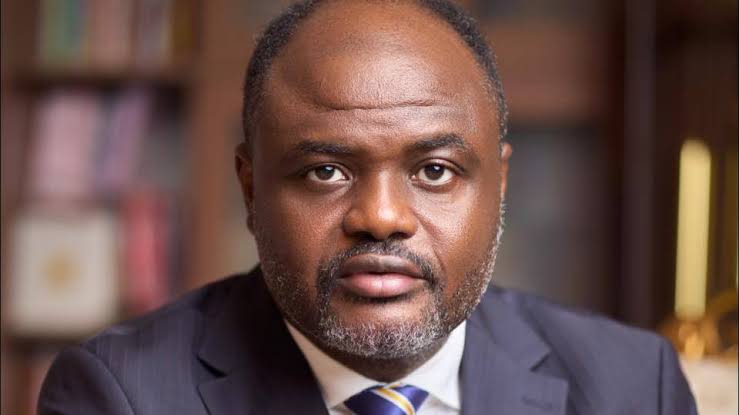






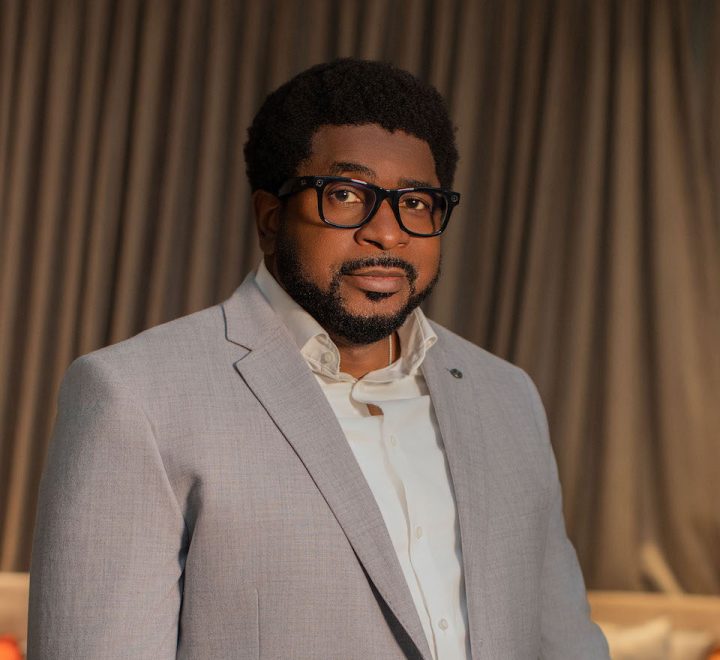
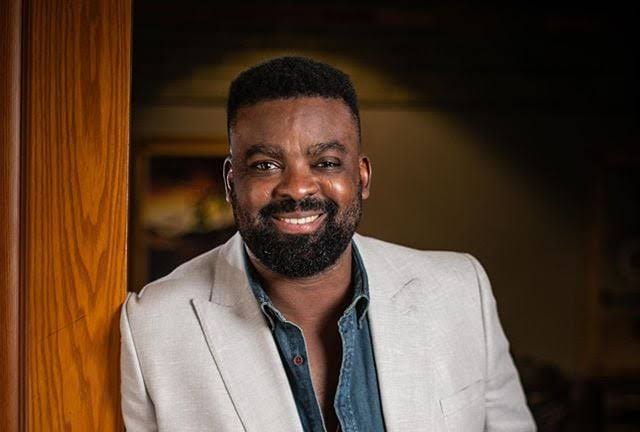



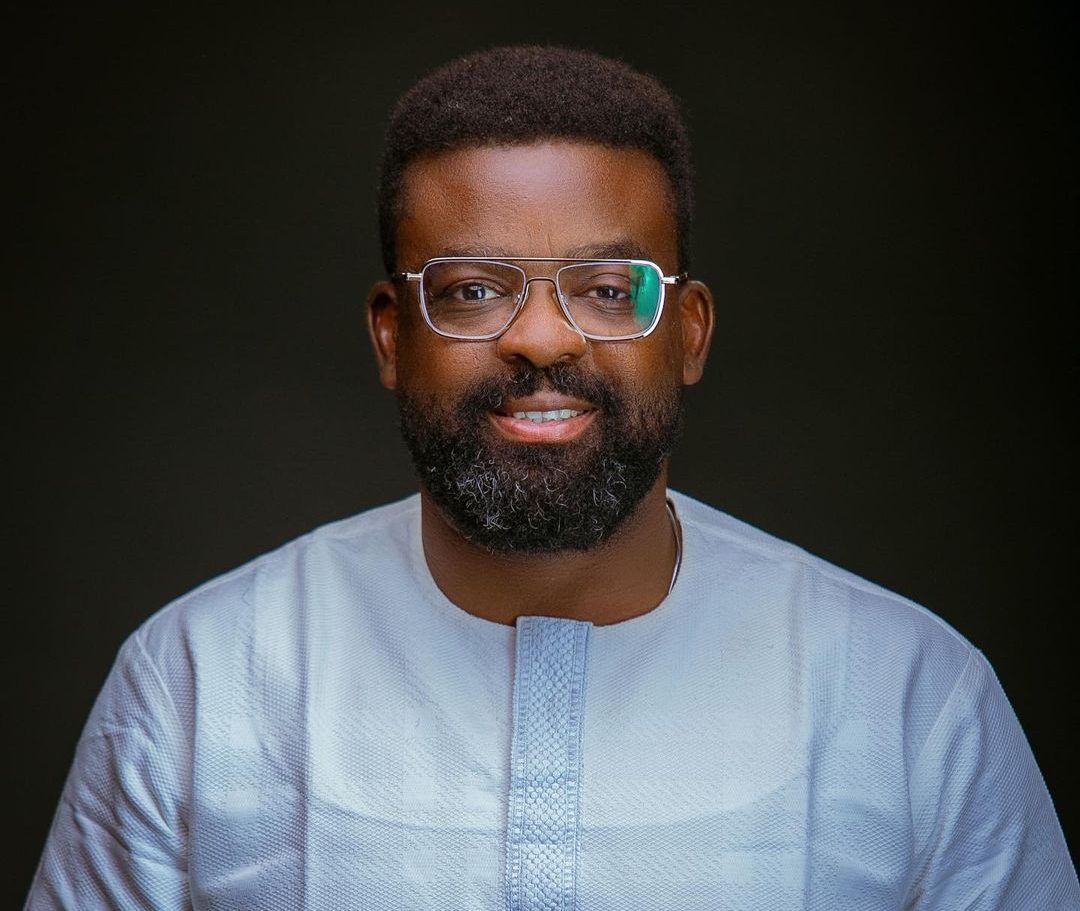

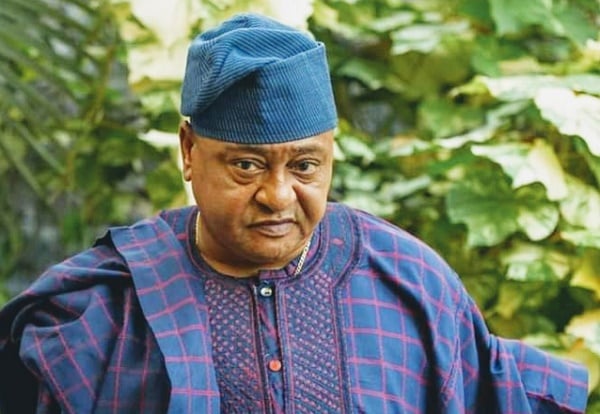
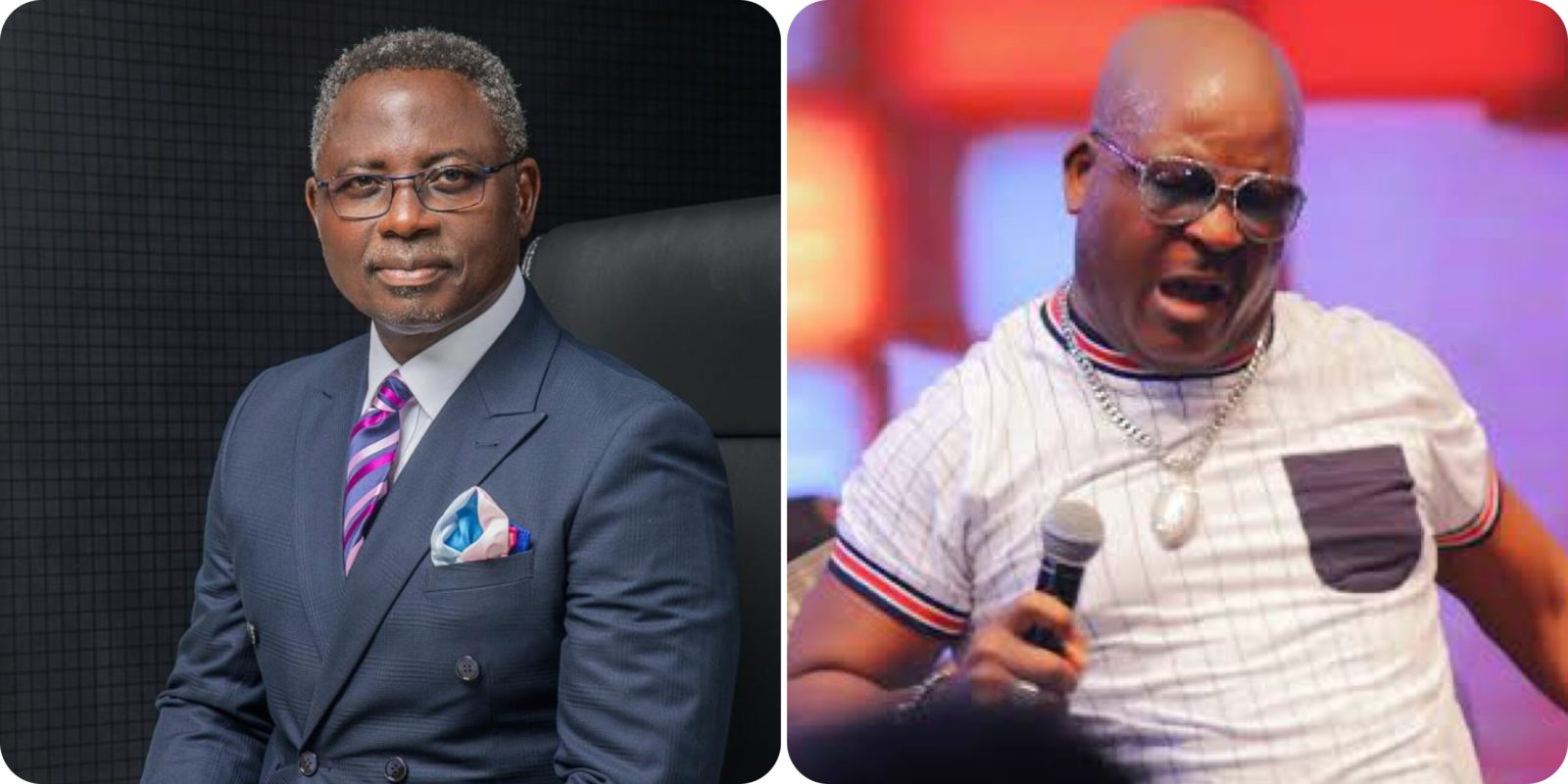





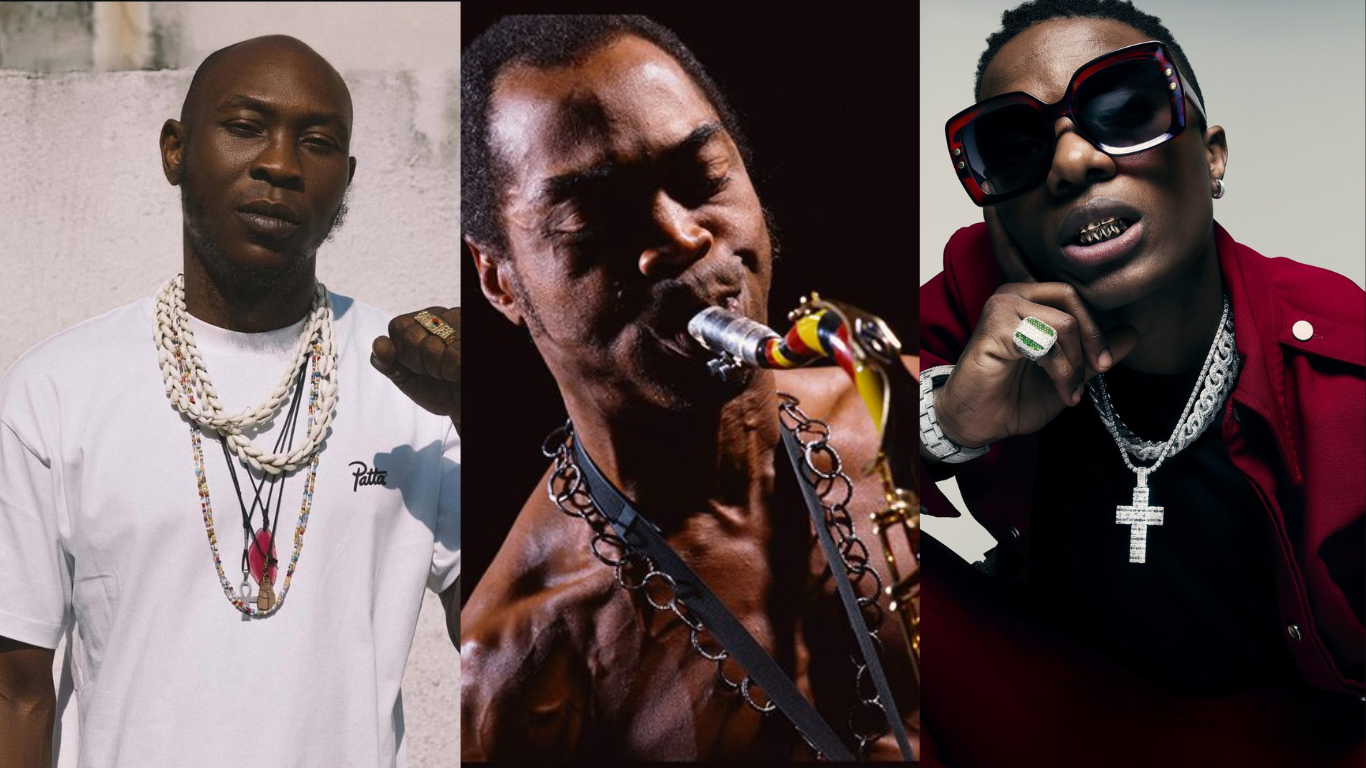

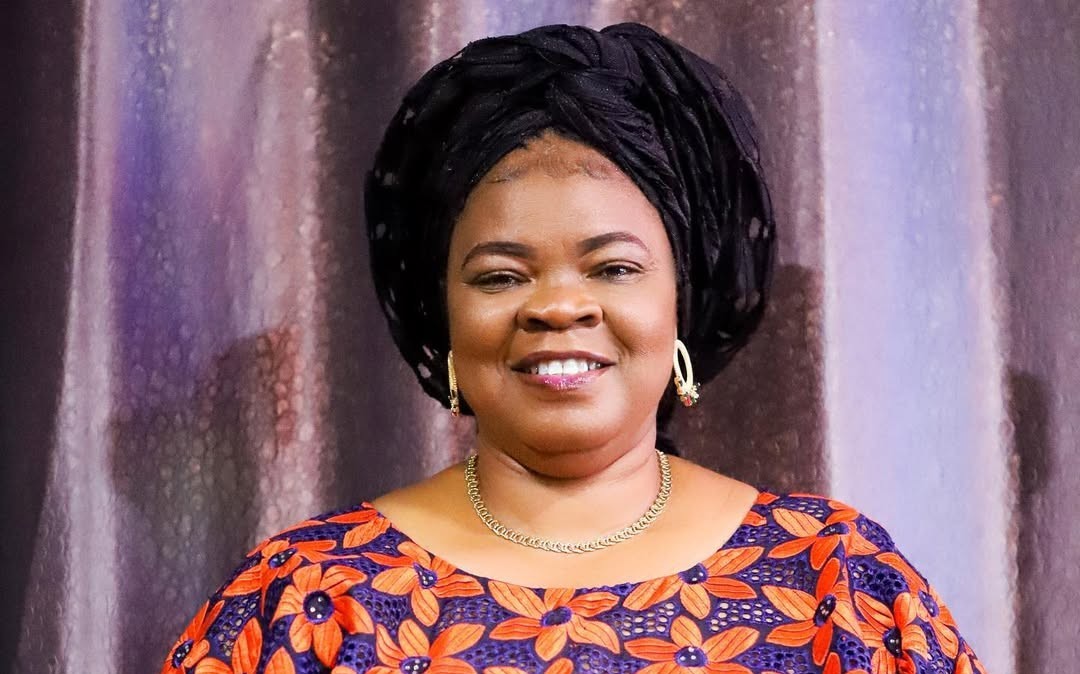

Leave a comment